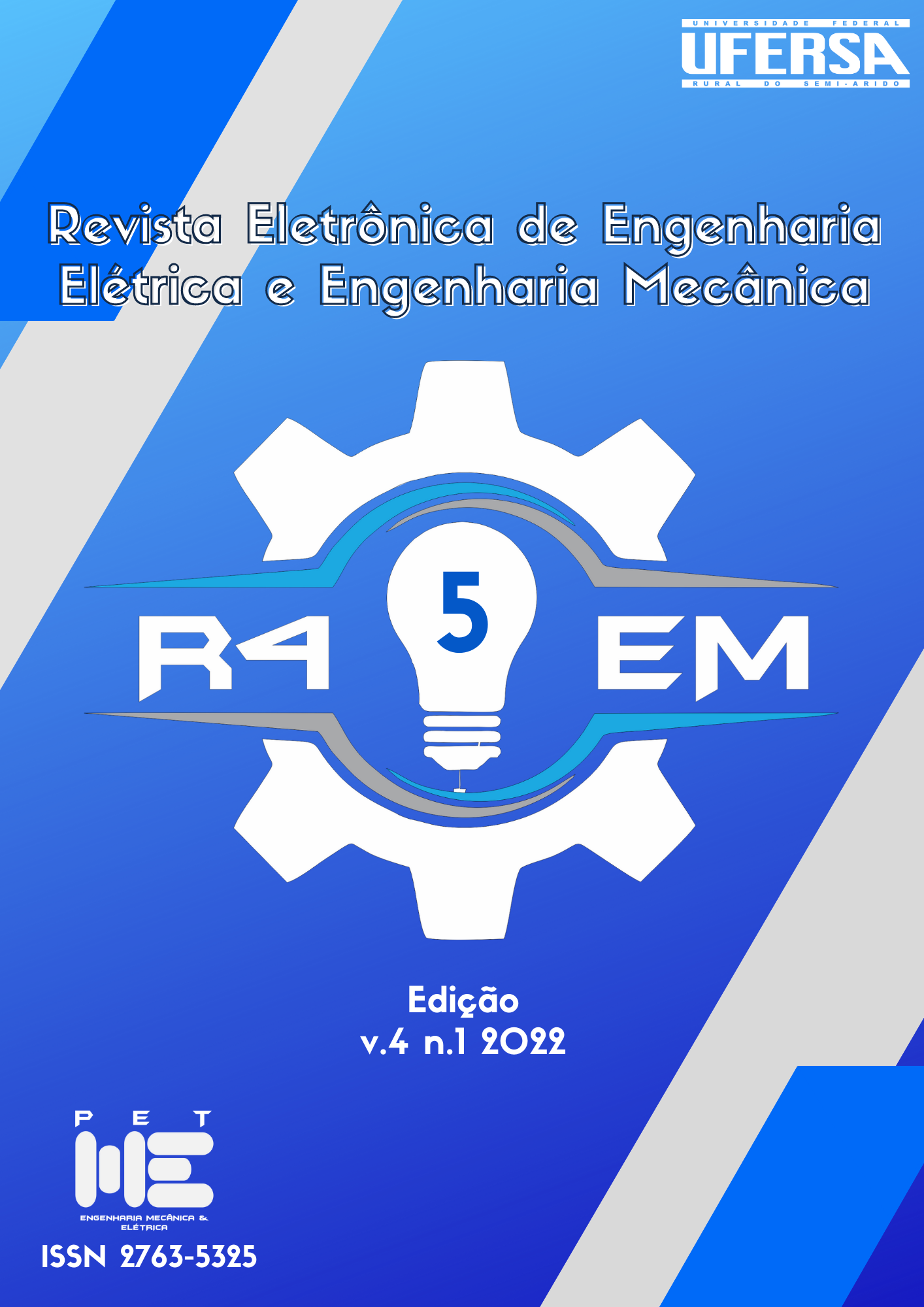Study of the possibility of applying coconut and soy oils in replacement of emulsifiable fluids in turning SAE 1045 steel
DOI:
https://doi.org/10.21708/issn27635325.v4n1.a10995.2022Abstract
The metal-mechanical industry is considered the most polluting when compared to other industries due to the waste generated during the production process. Machining, in general, is considered the most widely used manufacturing operation in this industry. The variety of materials and products involved in this process causes concern regarding their disposal and the health of the operator. Cutting fluids, for example, play a very important role in this process, as they are directly related to the system's tribology. Therefore, this study aimed to analyze the influence of the use of coconut oil and soybean oil, as cutting fluid, in the external longitudinal turning process of a SAE 1045 steel billet, using the emulsion as a reference parameter. Data were collected on cutting temperature, current consumed by the machine, average tool flank wear and workpiece roughness. Machining parameters were kept constant for both fluids: ap = 1 mm, f = 0.19 mm/rev, Vc = 170 m/min. The data obtained by this research demonstrate that vegetable fluids can be used successfully in the turning process. Coconut oil showed the best performance among the evaluated fluids.
Key-words: flank wear; roughness; physicochemical analysis; vegetable oil; turning.
Downloads
Downloads
Published
Versions
- 2022-06-30 (2)
- 2022-06-30 (1)
Issue
Section
License

This work is licensed under a Creative Commons Attribution-NonCommercial 4.0 International License.





